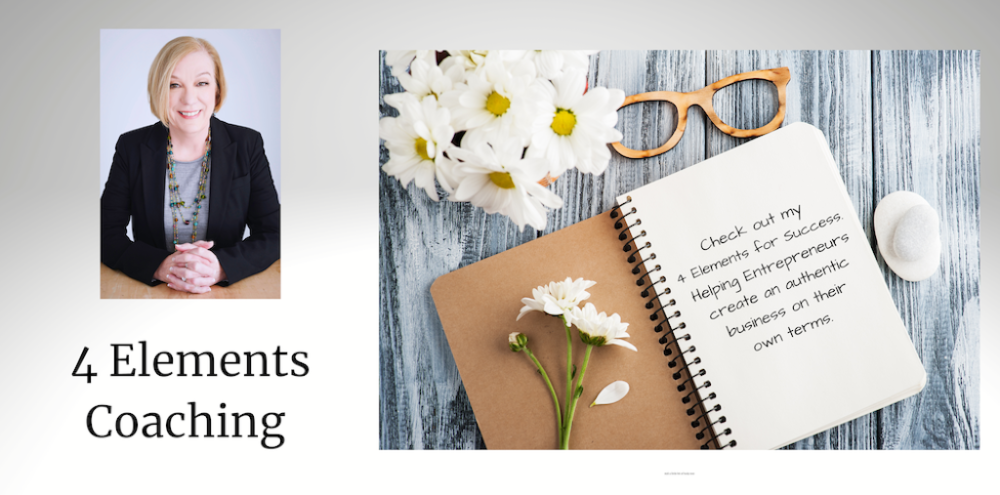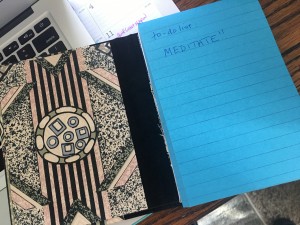Do you notice that January brings a desire to declutter, purge and re-organize your home, office and maybe even your car? If so, you’re not alone.
While the phrase “Spring Cleaning” is more popular than “January De-Cluttering,” this is a natural time for us to take stock and think about what we own, where we store it and whether it’s still relevant to our lives and our work.
If you’re feeling a desire to purge, declutter or re-organize, honor the feeling and do what you feel led to do. But don’t feel as though you have to do it all in one month. Listen to the natural rhythms that exist within your life and your climate. Maybe put an empty box by the back door and add to it when you find you can’t fit those coffee cups into the cabinet easily anymore. Or you discover some of the clothes you didn’t wear last year need to go to someone who will actually benefit from them this year.
December brings with it some gifts of food as well, making our bodies a bit overwhelmed. We often take stock of our eating and fitness habits during this time of year.
Winter is usually a time we draw inward and rest and reflect. So joining a gym and hitting it every day may be counterintuitive to your natural new year rhythms. Listen to what you feel like doing and think about when it may fit into your life. If you want to walk more, notice for a few days when you feel most like walking or moving your body a bit more. Track it for awhile and then see if that fits into your desired fitness schedule.
What would bring you comfort during this time of the year? Are you ready to create a sanctuary for the year ahead? A place that is visually stimulating and practical? Take one small step at a time and think first about which area of your life is pulling you with the strongest desire. Are you in need of warm baths with hot tea and a good book? Or do you feel like baking warm bread and sharing it with neighbors or friends.
What are you longing for?
Whatever is calling you, let it have a voice. When we connect with, listen to and honor our natural rhythms and desires, we are better for it.




